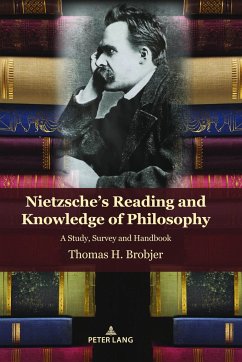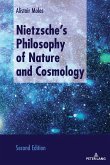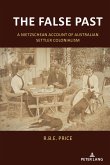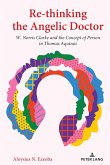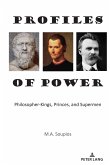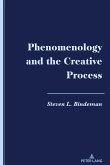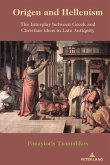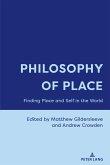Nietzsche read far more widely, and more actively, than he led us to believe. Reading was his most important intellectual stimulus: he lived a very isolated life for most of his career, particularly in the 1880s. Much of what Nietzche thought and wrote, therefore, came in response to his reading.
This book is an in-depth study of Nietzsche's reading and his knowledge of philosophy and philosophers. It examines his relation to the major European thinkers and Eastern traditions, as well as his knowledge and reading of intellectual women and journals of philosophy.
Author Thomas H. Brobjer has gathered much previously unpublished information about Nietzsche's reading and library, including a great deal about the annotations he made in his books. Nietzsche's Reading and Knowledge of Philosophy will be useful as a handbook for anyone interested in the philosophical context of Nietzsche's thought. It will become an important reference work for all those interested in Nietzsche's philosophy.
This book is an in-depth study of Nietzsche's reading and his knowledge of philosophy and philosophers. It examines his relation to the major European thinkers and Eastern traditions, as well as his knowledge and reading of intellectual women and journals of philosophy.
Author Thomas H. Brobjer has gathered much previously unpublished information about Nietzsche's reading and library, including a great deal about the annotations he made in his books. Nietzsche's Reading and Knowledge of Philosophy will be useful as a handbook for anyone interested in the philosophical context of Nietzsche's thought. It will become an important reference work for all those interested in Nietzsche's philosophy.
